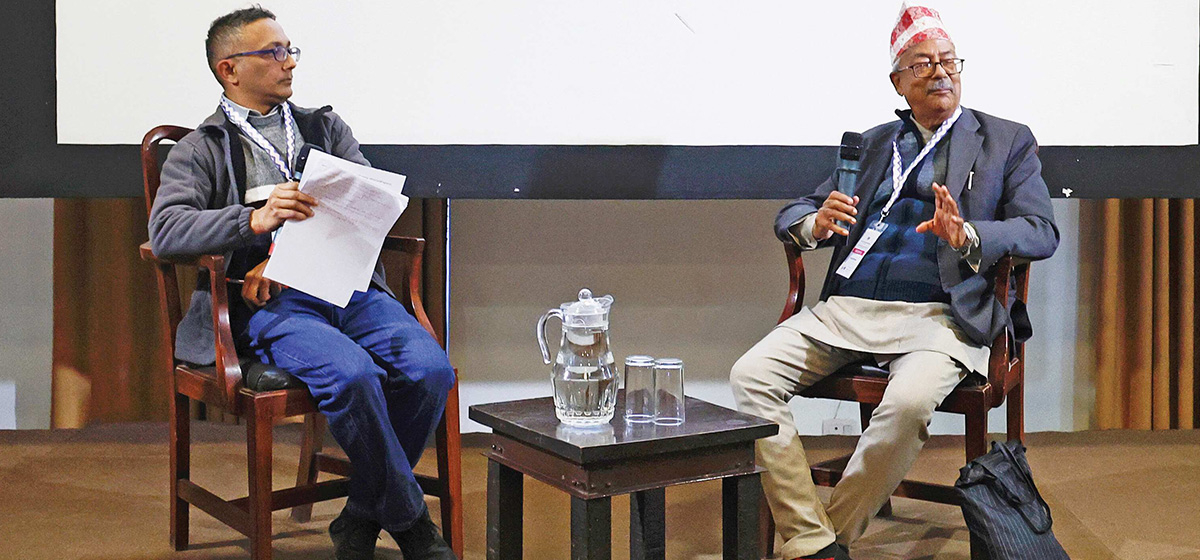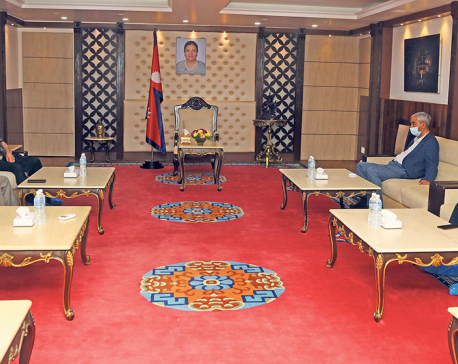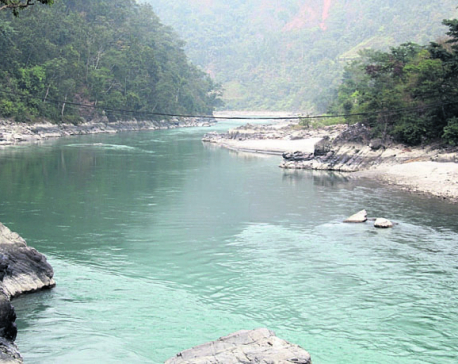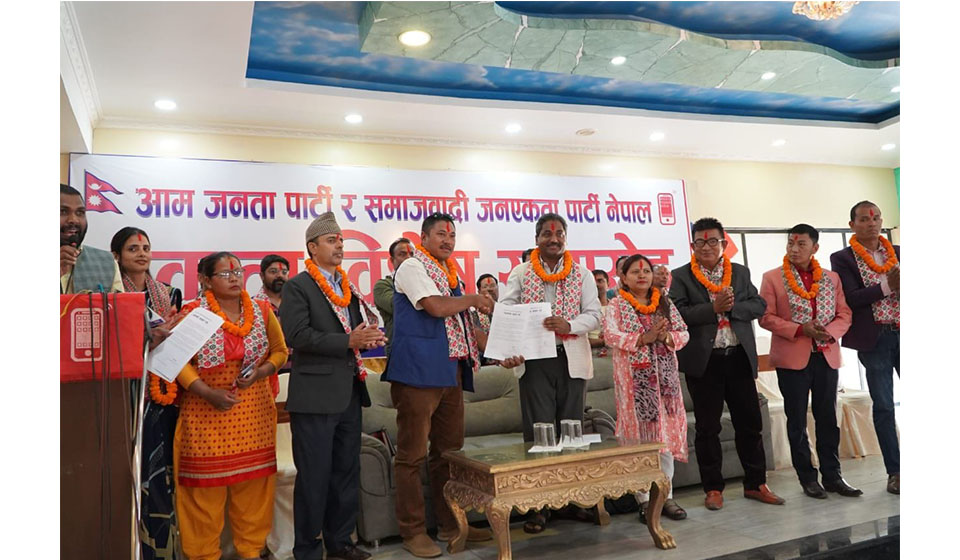
OR
Experts discuss historic Nepal-Britain 1923 Treaty
Published On: December 19, 2023 05:56 PM NPT By: Republica | @RepublicaNepal

KATHMANDU, Dec 19: In Nepal, as soon as treaties are mentioned, only Sugauli, the Kerung Treaty made after the Nepal-Tibet War and the Nepal-India Treaty of 1950 come to mind. But exactly 100 years ago, during the time of Rana Prime Minister Chandra Shumsher, a significant treaty was signed on December 21, 1923. There has been a deep discussion of the treaty's geopolitical context, content, drafting process, and its relevance to Nepal as a nation-state are subjects of deep discussion.
According to experts, this treaty officially recognized Nepal as a sovereign country. The experts suggest that Nepal has achieved recognition as an independent country due to the treaty’s necessity, Chandra Shumsher's haste, and the British recognition of the need for an independent friendly country in the changing geopolitical landscape.
Inaugurating the event on Saturday, British Ambassador Rob Fenn said that this treaty formalized something known to both Nepal and Britain but not widely recognized globally.
Former Foreign Secretary Bharat Raj Paudel, speaking at the same program, cited it as a high example of Nepali diplomacy's flexibility and stance during the peak of colonialism in South Asia. “The negotiation process during the signing of this treaty demonstrates Nepal's confidence in the international world, establishing Nepal's sovereignty unlike any other kingdom in the Indian subcontinent,” he said.
A total of 16 scholars presented various papers during the program. Political scientist Tika Prasad Dhakal stated that the 1923 Treaty earned universal respect and acknowledgment of Nepal's undisputed sovereign status.
Jeevan Sharma, the coordinator of the two-day conference and secretary of the UK-Nepal Academic Council, said that although colonial treaties are often regarded as unequal treaties, this is an appropriate opportunity to understand the 1923 Treaty.
Stating that this is probably the first conference on the treaty of 1923, Kanak Mani Dixit, chairman of the organizer Madan Puraskar Pustakalaya, said that this conference is necessary because the historical interpretation of this treaty is missing.
Mohan Mainali, the author of the recently released book 'Ranmaidanu', presented the background of having to sign a treaty with the powerful British when the expectation that China would help them was not fulfilled during the Sugauli Treaty.
Mainali said that when Nepal and the British clashed on the 1,500 km long border, Nepal recognized Britain as a neighbor, and Britain recognized Nepal as barbaric and stubborn.
He argued that the fact that Nepal is a natural fortress and Nepali soldiers and commanders were loyal to the king and the country so they couldn’t be taken over might have worked in favor of a new treaty between Nepal and the British.
Former Gurkha Major Juddha Bahadur Gurung argued that the bravery shown by Nepalis in the First Anglo-Nepal War played a role behind the treaty between Nepal and Britain.
Director of Himalayan Strategic Institute Nabraj Lama said that Chandra Shumsher emerged as a lucky character in Nepali politics amid the world situation and this treaty was possible amid his best efforts to preserve his power.
Alka Atreya Chudal, a professor at the University of Vienna, presented an example of the failure of many attempts by the German hostages to fight against the British during the First World War and their greed. She has recently published documents of the hostage military as a book.
Ramesh Dhungel, Ajpa Sharma, Apurba Khatiwada, Hem Sagar Baral, John Helpton, Lekhnath Paudyal, Laxman Shrestha, Shubhang Pandey also presented working papers at the conference.
You May Like This

Ruling coalition forms task force to discuss MCC ratification
KATHMANDU, Dec 20: The ruling coalition has formed a three-member task force to discuss and reach a conclusion on the... Read More...

AWRC starts discussion on decision to award Budhigandaki to Chinese firm
KATHMANDU, July 3: The Agriculture and Water Resources Committee (AWRC) of parliament has started discussion on the government's controversial decision to... Read More...

Discussion on no-confidence motion from July 21
KATHMANDU, July 15: Discussion on no-confidence motion filed against the Prime Minister would be held in the meeting of the... Read More...


Just In
- Sunkoshi-Marin Diversion Project’s tunnel construction nears completion, breakthrough scheduled for May 8
- Govt tightens security arrangement for Third Investment Summit 2024
- Pesticide residue found in vegetables in Nepalgunj
- Aam Janata Party and Samajwadi Jana Ekata Party merge
- 1,600 participants confirmed for Nepal Investment Summit
- Ilam-2 by-elections held peacefully, vote count likely to start tonight
- NEA schedules five-day power cut across Kathmandu Valley for underground cable installation
- Hundreds of passengers including foreign tourists in distress as poor visibility halts flights to and from PRIA







-1200x560-wm_20240427144118.jpg)






Leave A Comment